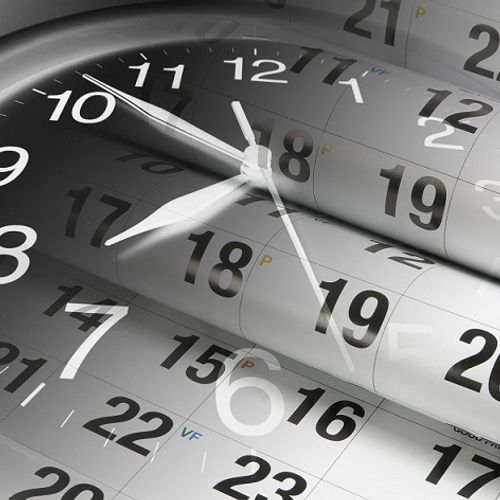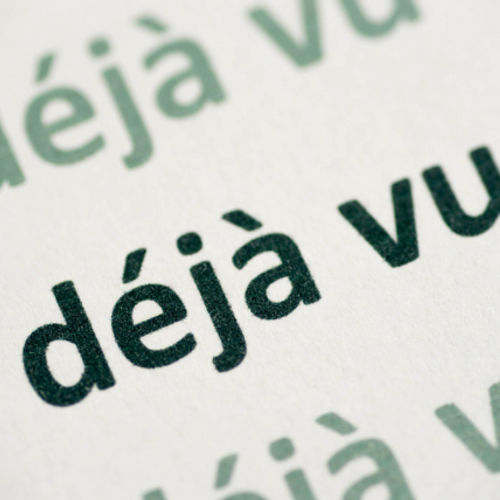
| Added | Thu, 06/10/2016 |
| Феномены | |
| Version type |
No clear explanation yet. In 1900, a French physician of Florence the Arno has described and called it the mysterious phenomenon of the human psyche when the brain suddenly fails, and he begins to take the unknown over the known. This is the attack of false memory. Researchers believe that bouts of deja vu has its own age peaks, 16-18 years of age and 35-40. The first surge is due to the fact that the teenager is very sharp and responds to dramatic events, as well as the life experience he's small, he turns for support to a fictitious experience, getting it from a false memory. The second peak also falls at a critical age — the so-called crisis of middle age. But now, I notice psychologists, moments of deja vu are painted in a nostalgic tone, when everything reminds you of the past. In contrast to this, false memory refers to your past experience, but only simulates it: creates the illusion of memories, a memory-deception. The phenomenon of déjà vu exists only in the human brain; it is one of specific subjective feelings of the person. External stimuli play the role of a trigger: a smell, a sound or a visual image activates a certain part of the brain that causes illusory recollection. The brain composes it as if inspired by the ongoing event. This explanation is most relevant in our days.
Translated by «Yandex.Translator»
Related news
Log in or register to post comments


